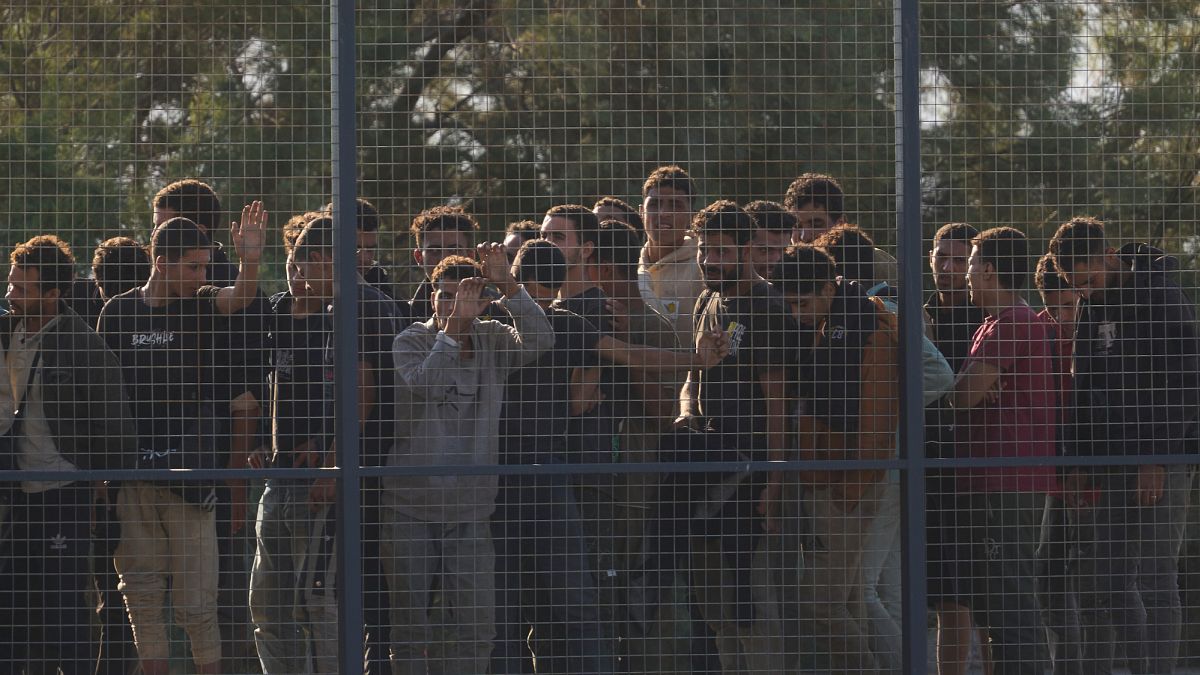

The global landscape is witnessing significant developments, underscored by advancements in legal processes and confronting human rights challenges. Recent headlines offer a poignant glimpse into the evolving dynamics.
In Greece, the parliament has enacted a suspension of asylum claims for African migrants, a decision reached by a vote of 177-74. This legislative move has sparked pronounced opposition, particularly from left-wing parties, who question the amendment’s constitutionality. Amidst the debate, Greece is reconciling its national policies with broader humanitarian obligations.
Stepping onto the track of justice, famed South African athlete Caster Semenya has achieved a legal victory with the European Court of Human Rights (ECHR) acknowledging the unfairness in previous trials regarding her eligibility to compete based on testosterone levels. This ruling sheds light on the ongoing dialogue about the rights of athletes, urging a reexamination of policies to protect individuals’ dignity and bodily autonomy. Semenya’s unwavering advocacy emphasizes a growing call for safeguarding athletes’ rights globally.
The international discourse on public health and civil rights is further intensified by a concerning report from UNAids. It highlights an alarming increase in the criminalization of individuals at higher risk of HIV, notably among LGBTQ+ communities. The emergence of punitive laws marks a regression, challenging achievements in the global fight against the AIDS epidemic. As these laws proliferate, the potential halting of US aid further complicates the commitment to curbing the spread of HIV/AIDS, calling for a renewed international strategy centered on compassion and scientifically grounded solutions.
In a bold legal move with profound implications, North Korean defector Choi Min-kyung has brought a lawsuit against North Korean leader Kim Jong-un, alleging torture and sexual violence in detention facilities. By filing for damages and submitting a complaint in a South Korean court, Choi draws international attention to the human rights situation in North Korea. Her courage in seeking justice underscores a plea for accountability and the protection of human rights within repressive regimes.
As these narratives unfold, they form a tapestry of actions and consequences, inviting a mindful reflection on the balance between sovereignty, individual rights, and international law. These stories, set against diverse backdrops, narrate the tension between legislation and rights, offering a contemplative lens on humanity’s strides towards justice and equity.
The interconnectedness of these challenges and victories highlights the crucial role of dialogue and diplomacy in addressing global issues. It is through careful and compassionate engagement that societies can advance towards a more just and inclusive future, recognizing that the actions taken today forge the paths of tomorrow.
Source: {link}
